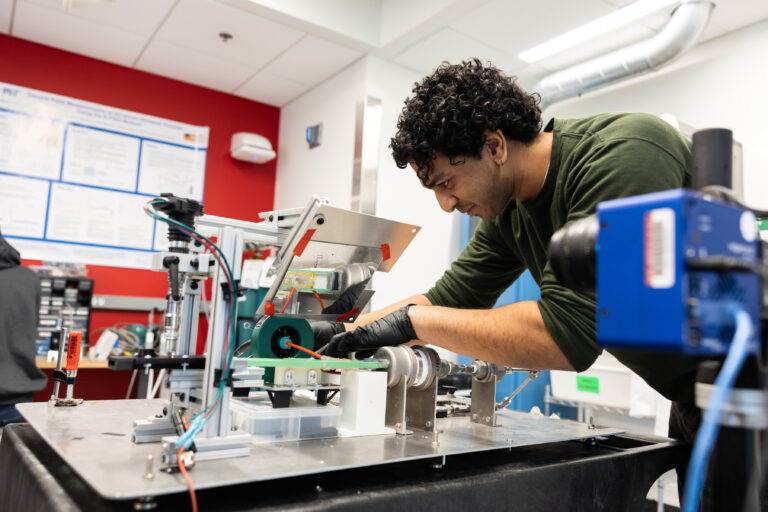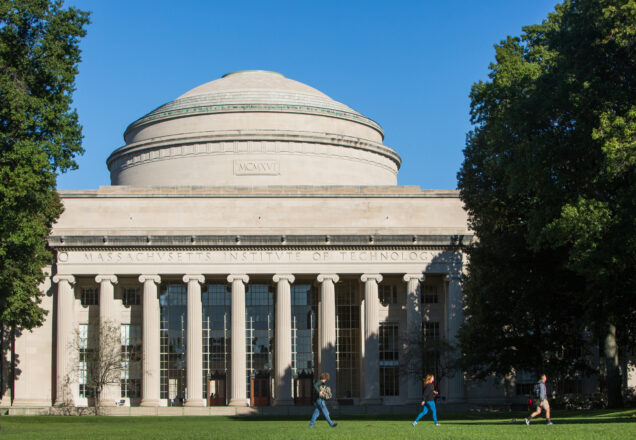Human Insight Collaborative
Faculty Lead
Keeril Makan, Associate Dean, SHASS, Michael (1949) and Sonja Koerner Music Composition Professor
SHASS+ Connectivity Fund Co-Chairs
David Kaiser, Germeshausen Professor of the History of Science and Professor of Physics
Maria Yang, Deputy Dean of Engineering, Gail E. Kendall (1978) Professor of Mechanical Engineering
Humanities Cultivation Fund Co-Chairs
Arthur Bahr, Professor of Literature and Margaret MacVicar Faculty Fellow
Anne McCants, Ann F. Friedlaender Professor of History, Director of the Concourse Program, Margaret MacVicar Faculty Fellow, and SHASS Research Chair
SHASS Education Innovation Fund Co-Chairs
Eric Klopfer, Professor of Comparative Media Studies/Writing, Director of the Scheller Teacher Education Program and The Education Arcade
Emily Richmond Pollock, Associate Professor of Music, Margaret MacVicar Faculty Fellow, and SHASS Undergraduate Education Chair
Steering Committee
Keeril Makan, Associate Dean for the School of Humanities, Arts, and Social Sciences, Michael (1949) and Sonja Koerner Music Composition Professor of Music
Iain Cheeseman, Herman and Margaret Sokol Professor of Biology
Fotini Christia, Director, Institute for Data, Systems, and Society, Ford International Professor of the Social Sciences in the Department of Political Science
Caspar Hare, Associate Dean for Social and Ethical Responsibilities of Computing, Schwarzman College of Computing, Professor of Philosophy in the Department of Linguistics and Philosophy
Yael Kalai, Ellen Swallow Richards (1873) Professor, Department of Electrical Engineering and Computer Science
Erin Kelly, Sloan Distinguished Professor of Work and Organization Studies
Kenda Mutongi, Ford International Professor of History
John Ochsendorf, Class of 1942 Professor, Professor of Architecture, Professor of Civil and Environmental Engineering
Elsa Olivetti, Jerry McAfee (1940) Professor in Engineering in the Department of Materials Science and Engineering
Heather Paxson, Associate Dean for Faculty, MIT School of Humanities, Arts and Social Sciences, William R. Kenan, Jr. Professor of Anthropology
Julie Shah, Department Head, H.N. Slater Professor in Aeronautics and Astronautics
Susan Silbey, Leon and Anne Goldberg Professor of Humanities, Sociology and Anthropology, Professor of Behavioral and Policy Sciences, Sloan School of Management
David Singer, Department Head, Raphael Dorman-Helen Starbuck Professor of Political Science
Frequently asked questions
Most projects will be funded for one year at a time (January to December). In rare cases, 2- or 3-year projects will be funded, when the proposal makes the case that meaningful work on the project would not be possible with only a single year of funding committed at the outset.
Planning grants are only for one year at a time.
- Projects that need additional time to spend the already awarded funds can request an extension in the fall progress report with a justification for the additional time. No additional funds will be provided.
- Project leads for funded projects can submit a new proposal for additional funds for existing projects in later rounds. These proposals should reference the existing project and explain how the additional funds would allow for an extension of the work. These renewals will undergo full review and are not guaranteed.
Planning grants are smaller awards to enable a team to work together to plan a future collaboration and prepare to apply to one of the funds in the following cycle.
Project leads for funded projects will be required to present at a spring 2025 event (date TBD), provide a short, written progress report, including progress on spending, by the November RFP deadline (each year in the case of multi-year projects), and a final report within 3 months of project completion.
No, cost sharing is not required. Providing information about cost sharing helps the selection committee evaluate the funding needs of the proposed project and how those needs might be met. Proposals with cost sharing will not be prioritized over those without cost sharing.
Yes, an individual may submit proposals to more than one fund. An individual can also submit multiple planning grant proposals and full proposals to the same fund. There is no limit to the number of planning grants that could be potentially awarded to an individual. For full proposals, an individual PI can only receive a maximum of one award per fund.
Additional collaborators outside MIT are welcome, but all funding must be managed at MIT and no subawards will be considered.
All planned spending should be in accordance with MIT policy. Summer salary is permissible. Speaker fees will require approval.
Planning grants are anticipated to be up to $15k, but planning grant proposals with strong justification will be considered for any amount.
No, the funding for UROPs will come from a separate pool.
No, use of the space is free.
You can reach out to your department or unit head, who will confer with the Dean.
The leadership of MITHIC and SERC are in close coordination, looking for synergies and opportunities to collaborate. If you think your proposal could be a good fit for both MITHIC and SERC, we encourage you to reach out to mithic@mit.edu and/or serc@mit.edu to discuss.
The SHASS Education Innovation Fund is intended to support residential MIT students. Projects related to K-12 education or online courses are not eligible.
For the proposals, please submit direct costs only (not total costs). The MITHIC team will calculate overhead rates, which are dependent on several factors specific to the funding sources.






